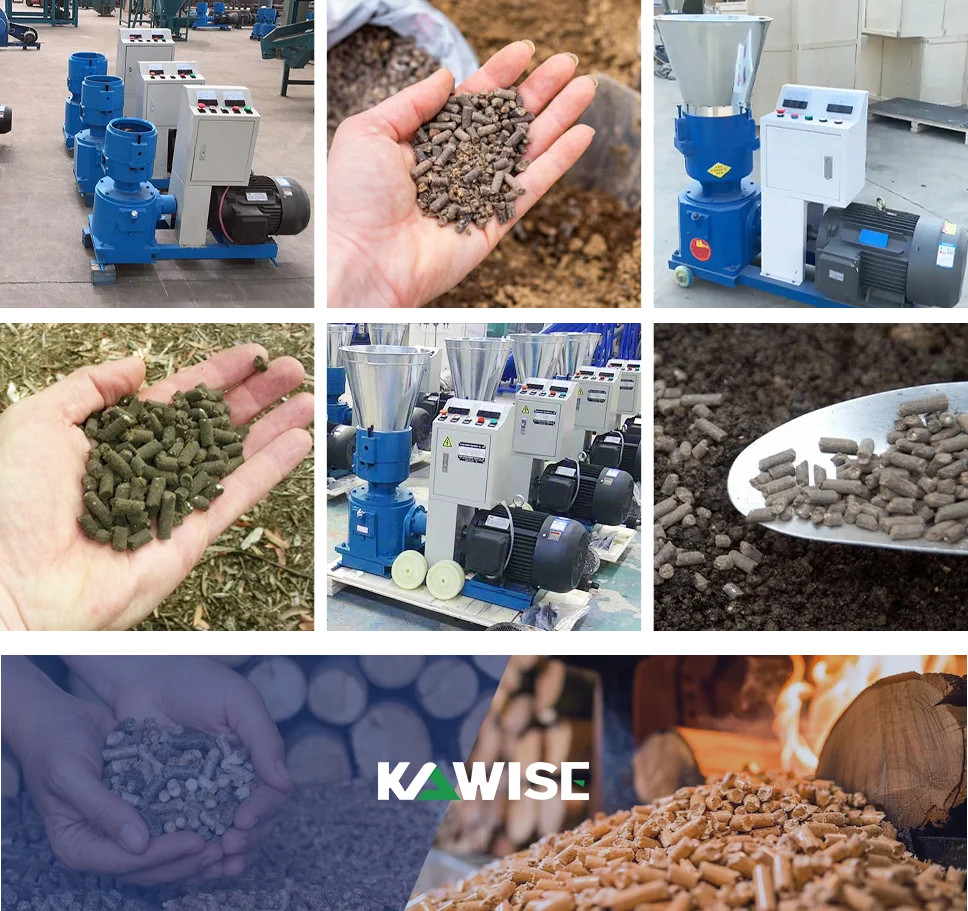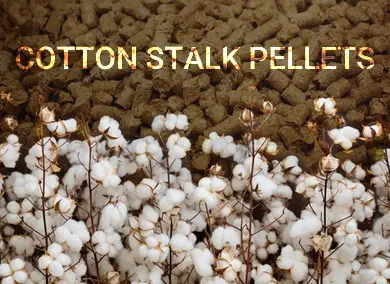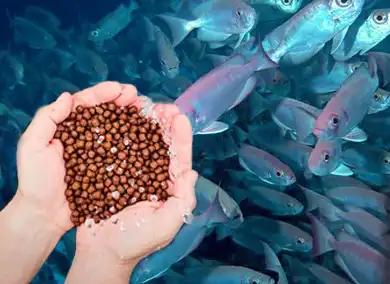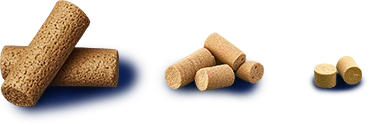Horse manure is a valuable resource for gardens. It's full of nutrients that help plants grow and improve soil quality. However, if used incorrectly, it can cause problems like root burns, weeds, and plant diseases. To get the most benefit, it’s important to use horse manure the right way.
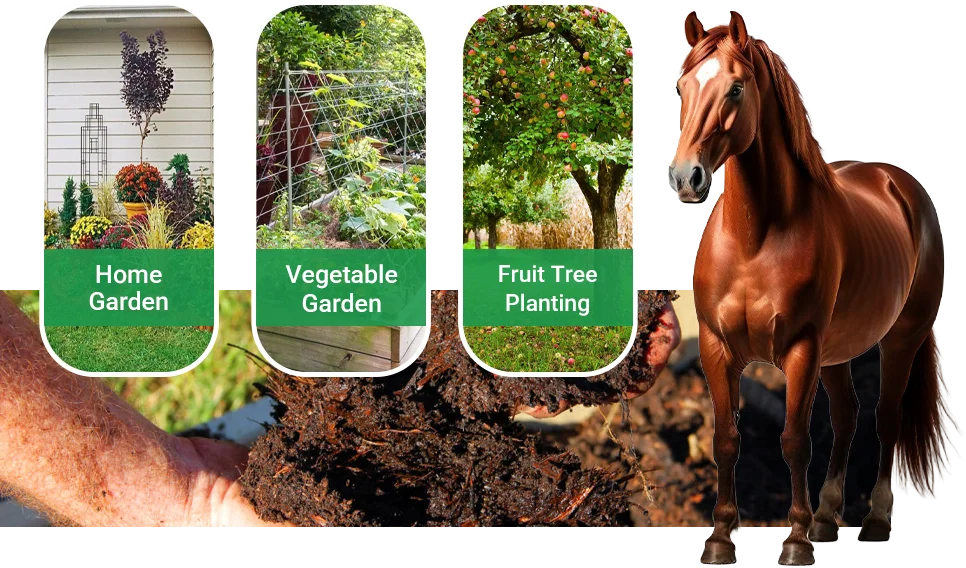
Is Horse Manure Good for Gardens?
Yes, horse manure is great for gardens! It contains a wealth of vital nutrients that plants need to thrive.
| Nitrogen(N) | Promotes lush foliage growth. |
| Phosphorus(P) | Encourages healthy root development. |
| Potassium(K) | Enhances overall plant health and resilience. |
Horse manure improves soil by adding organic matter. It helps with water retention and drainage. It also encourages beneficial microbes. Compared to other animal manures, horse manure is more neutral. This makes it a great long-term solution for garden fertilizer.
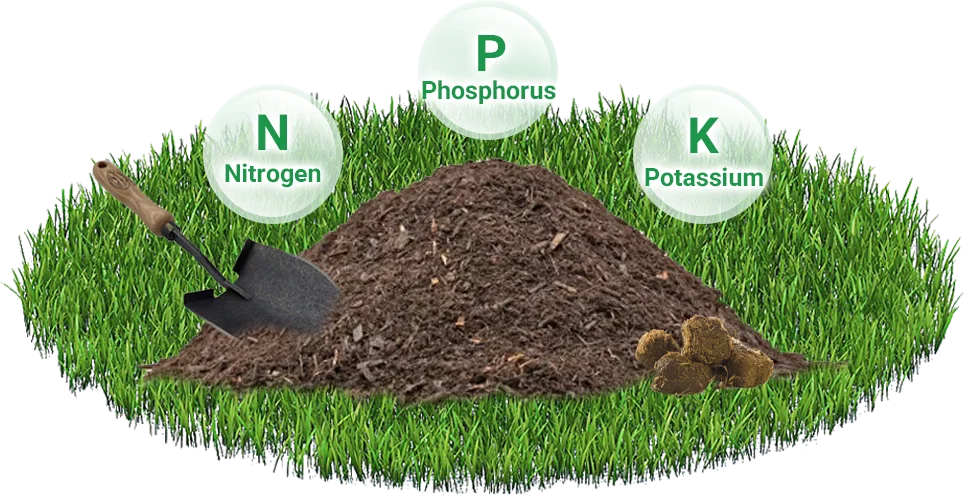
Can Fresh Horse Manure Be Used Directly?
While fresh horse manure is rich in nutrients, using it directly carries some risks:
- Its high ammonia and nitrogen content can scorch plant roots.
- It often contains undigested weed seeds, which can spread unwanted plants.
- It may harbor pathogens or parasites.
Avoid using fresh horse manure, especially around edible plants or seedlings. Make sure it’s well rotted manure or composted before use.
What Is Well Rotted Manure?
Well rotted manure has undergone natural breakdowns for 6 to 12 months. During this process, microbial activity reduces the ammonia content, eliminates harmful pathogens and weed seeds, and stabilizes the nutrients. You can identify aged horse manure by these characteristics:
| Color | Dark brown to black. |
| Texture | Loose and soil-like, with no obvious manure form. |
| Smell | It smells earthy, not pungent. |
| Temperature | Feels cool to the touch, not hot. |
Once the manure is properly prepared, it’s safe to boost soil and help plants grow.

Compost to Speed Up Manure Aging
If you don't want to wait six months to a year, horse manure compost is an effective way to speed up the aging process.
Composting turns into useful fertilizer in 2 to 3 months. To do this, you need to manage temperature, moisture, and air. Turning the horse manure compost regularly speeds up the process and helps kill harmful bacteria and weed seeds. Here's a simple guide to composting:
- Mix horse manure with carbon-rich materials like straw, wood shavings, leaves, or shredded paper to balance the nitrogen.
- Pile the mixture in a well-ventilated area or use a compost bin.
- Turn the pile every 2 to 3 weeks to ensure good aeration.
- Maintain adequate moisture – it should feel damp like a wrung-out sponge.
- Aim for a temperature of 130–150°F (55–65°C) to effectively destroy pathogens and seeds.
With proper composting, the manure will become dark brown, loose, and odorless in 2 to 3 months. It will then be safe to use in your garden.
Pelletizing for Efficient Fertilizer Use
For well rotted manure, pelletizing is an ideal way to improve efficiency in fertilizer.
Turning decomposed manure into uniform horse manure pellets makes it much easier to use. Compared to using loose manure, pelletized fertilizer has several benefits:
- More balanced nutrient release.
- Smaller volume and higher density, making it easier to package, store, and transport.
- Reduced fertilizer loss and runoff.
- Increased soil porosity, improving aeration and drainage.
We offer organic fertilizer pellet machines for home gardens and small farms.
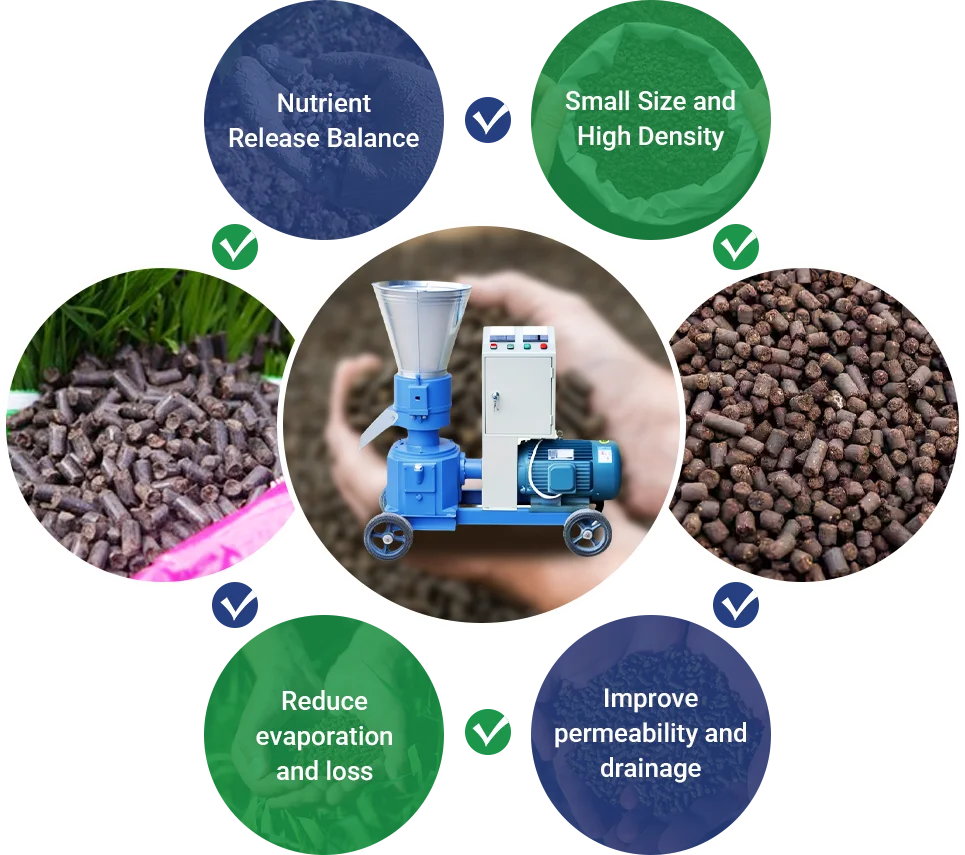
Gardening Expert Tips for Using Horse Manure
If you want your plants to thrive, here are some tips from experienced gardeners. These will help you use horse manure for gardening effectively and avoid common mistakes.
Best Time to Improve Soil
Fall or early spring is the ideal time to apply horse manure for soil improvement.
How to Apply: Spread a 2 to 3-inch layer (5-7.5 cm) of well rotted manure evenly over the soil surface. Then till it into a depth of 6 to 8 inches (15-20 cm) to help keep the soil loose and fertile.
Combine with Other Organic Matter
Sometimes, horse manure alone might not provide a fully balanced nutrient profile. If possible, consider mixing it with other organic materials like grass clippings, leaves, or kitchen scraps. This not only boosts the fertilizer's nutrient content but also improves soil aeration and moisture retention. Combining materials also helps to avoid overly concentrated fertilizer, ensuring plants can absorb nutrients in a gentler environment.
Control Manure Amount for Best Results
Be careful with how much horse manure you use. It’s rich in nutrients but using too much can damage roots and make the soil unbalanced.
A general guideline is to apply 4 to 8 pounds per square yard (2 to 4 kg per square meter). It's best to apply smaller amounts several times rather than a large amount all at once. Remember, fertilizing is a gradual process, and little by little is often more effective than a heavy application.
Tips for Container Gardening
If you're growing plants in containers or raised beds, try mixing aged horse manure with potting soil and other organic compost.
Aim for a ratio of about 30% to 40% horse manure in the mix. This will provide ample nutrients for healthy plant growth.
Monitor Soil pH When Using Manure
When using horse manure, it's a good idea to check your soil's pH level regularly. Horse manure can sometimes alter soil acidity, especially with excessive use. An imbalanced pH can interfere with a plant's ability to absorb nutrients properly.
The ideal pH range for most plants is between 6 and 7. Use a pH tester to monitor your soil and adjust fertilizer application as needed.
Important Considerations
- Avoid applying fresh manure directly to edible plants, especially vegetables.
- Allow a waiting period of 90 to 120 days between fertilizing and harvesting, particularly for organic standards.
- Avoid using manure from horses that have recently been treated with medications.
- In winter, refrain from applying fertilizer to frozen or waterlogged soil to prevent runoff.
- Wear gloves when handling manure and wash your hands thoroughly afterward.
Plants That Benefit from Horse Manure Fertilizer
Aged horse manure is particularly beneficial for:
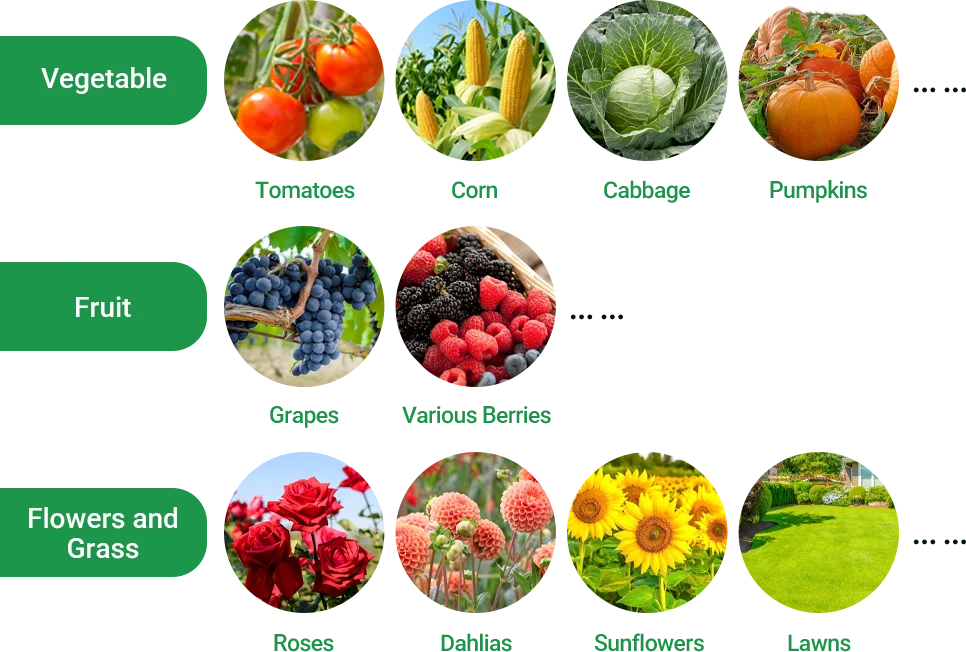
Plants like blueberries and azaleas, which prefer acidic soil, are not ideal for direct horse manure applications. Keep this in mind when using manure in your garden.
Want a healthier, more vibrant garden? Properly treated horse manure is a great choice for garden fertilizer. It’s a safe and reliable fertilizer for both gardens and small farms.
For a faster and easier way to turn horse manure into high-quality fertilizer, our pellet machine is the perfect solution!
Contact us to learn more about our organic fertilizer pellet machines
